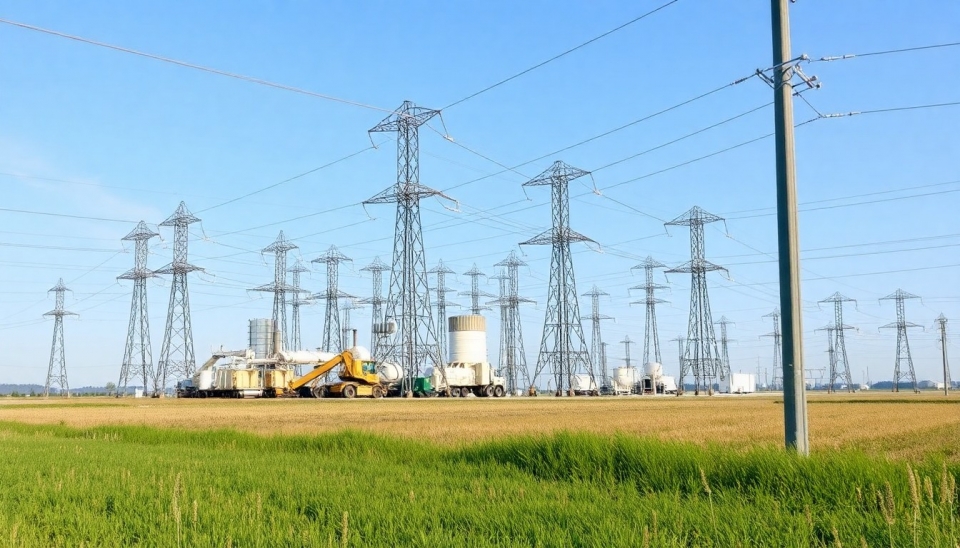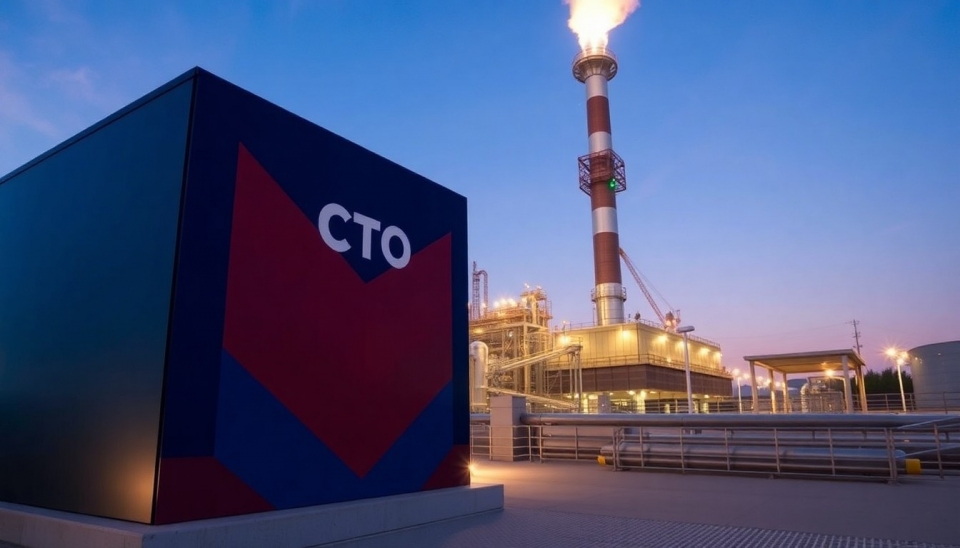
In a bold forecast, industry executives have proclaimed that the escalating demand for artificial intelligence (AI) technologies will significantly drive up the need for natural gas. This anticipated surge in demand is expected to influence operations and expansion plans of pipeline companies across the country. The executives shared their insights during the recent Energy Association conference, where discussions centered on the future of energy resources in tandem with burgeoning technological needs.
Natural gas has often been heralded as a cleaner alternative compared to other fossil fuels, making it a preferred choice as the world shifts towards more sustainable energy sources. As AI applications proliferate, particularly in sectors requiring substantial energy for computational tasks, the reliance on natural gas is projected to increase. Executives highlighted that this trend is already evident in technological hubs and manufacturing sectors where the power demands are soaring.
One of the key points made by the executives, particularly from pipeline companies, is that the infrastructure needs to be prepared to meet this impending demand. Investments in pipeline expansions and upgrades will be critical to ensure that companies can deliver the necessary gas supply efficiently. The conversations pointed towards the urgent need for strategic planning to accommodate this shift while maintaining environmental standards.
The executives also emphasized that as businesses increasingly embrace AI, they will require more substantial energy resources not only for powering data centers but also for supporting the sophisticated hardware and cooling systems that such technologies depend on. This trend is raising questions about how the energy sector will adapt to serve new demands while continuing to focus on reducing carbon footprints.
Moreover, given the volatile nature of energy markets, the executives are advocating for policies that promote stable pricing and encourage investments in natural gas infrastructure. By incorporating predictive analytics—another area where AI shines—industry leaders foresee better management of energy flow and usage, which could mitigate some of the unpredictability currently faced in energy supplies.
As the conference wrapped up, the sentiment remained optimistic. The nuclear energy sector is also watching these developments closely, considering the implications for energy sustainability as the dynamics of demand evolve. Furthermore, collaborative efforts among various energy sectors are seen as a pivotal part of meeting future demands.
In conclusion, as more industries integrate AI into their operations, the anticipated increase in natural gas demand signals a transformative phase for energy suppliers and consumers alike. The question now remains: how effectively can the industry respond to this opportunity while navigating the challenges of a changing energy landscape?
#NaturalGas #EnergySector #AIDemand #SustainableEnergy #PipelineInfrastructure #AI #FutureEnergy #EnergyPlanning
Author: Emily Collins




